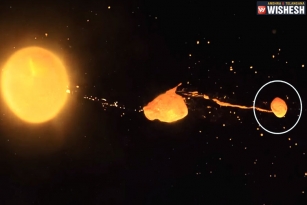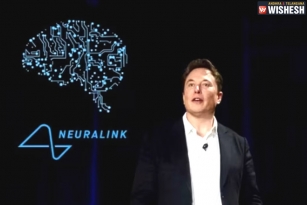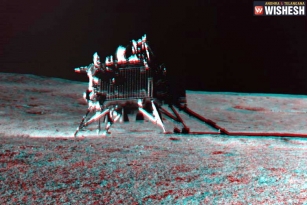
The blind can now see, at least partially. Scientists have found an artificial retina that would allow the users to see partially even though they are blind and the technology is now approved by the Food and Drug Administration of USA. This could be a milestone in the scientific achievements in the world, changing the course of lives of several million blind people.
People become blind when the retina, the light sensor of the human eye, becomes insensitive to light signals and hence cannot send the stimuli to the brain. This new technology Argus II Artificial Retina is more or less like a camera, an electronic light sensor, that can mimic a retina to a certain extent. The device is connected to the optic nerve or the brain directly there by communicating signals. The drawback is that the vision recovery is not complete but with a significant retrieval of vision, the future of the visually impaired is not the same anymore.
The disability is still large but with their already acquired perception of moving about and a fair vision of the shapes and sizes of obstacles, their lives could be improved drastically. Earlier, not more than five years, this problem was deemed incorrigible and the way the technology has advanced has made it possible. This could be the building block for the advancements to come in the future.
(AW- Anil)

























